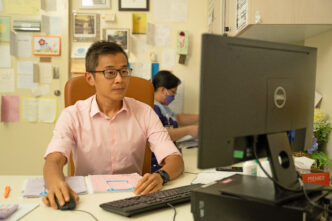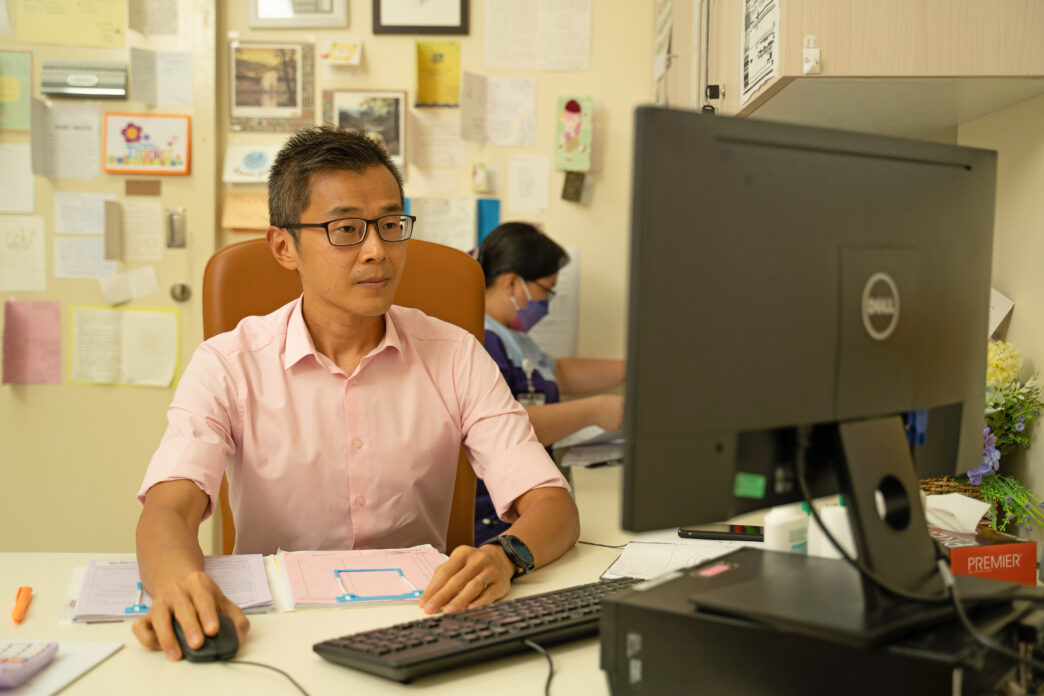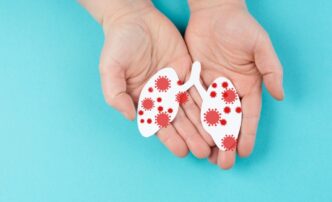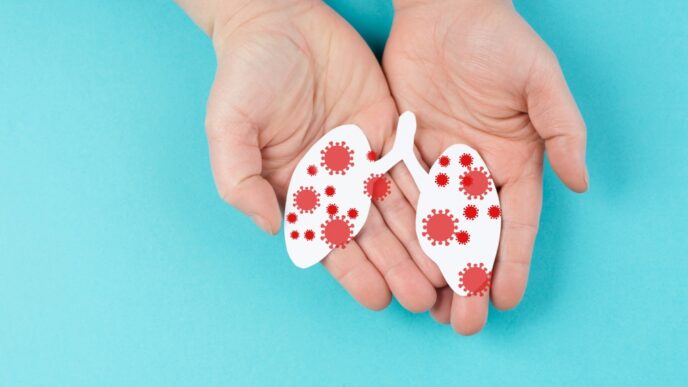Being an oncologist is undoubtedly both a fulfilling and challenging vocation. Dr Kiley Loh Wei-Jen, a consultant medical and breast oncologist, recently took time out from his busy schedule to give us an insight into his career. Hence, we’re pleased to share with you a fascinating look into the mind and soul of an oncologist.
WORDS LIM TECK CHOON
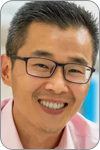 FEATURED EXPERT FEATURED EXPERTDR KILEY LOH WEI-JEN Consultant Medical and Breast Oncologist Penang Adventist Hospital |
THERE SEEM TO BE A FEW DIFFERENT TYPES OF ONCOLOGISTS. YOU’RE A MEDICAL ONCOLOGIST. HOW IS IT DIFFERENT FROM OTHER TYPES OF ONCOLOGISTS?
Dr Kiley Loh Wei-Jen:
There are generally 3 different types of oncologists in Malaysia: clinical oncologists, medical oncologists, and radiation oncologists.
- Clinical oncologists specialize in the use of both medicinal and radiation treatments to treat patients with cancer.
- Radiation oncologists specialize in the use of radiation treatments.
- Medical oncologists, like myself, specialize in using medicinal treatments to treat patients with cancer. I have further subspecialized in medicinal treatments for patients with breast cancers.
WHAT DREW YOU TO ONCOLOGY?
Dr Kiley:
During my formative years as a physician, I was exposed to a wide range of medical specialties.
I was particularly drawn to oncology for 3 reasons:
- It allowed me to help patients through, most often, one of their most difficult times in life: a cancer diagnosis.
- It allowed me to build meaningful, long-term therapeutic relationships with my patients. It gives me great meaning to be part of their lives, be it towards long-term survival or even towards the end of life.
- There is constant innovation in the field of oncology, with breast cancer being a prime example. Treatments for breast cancer tend to change and update regularly, always giving me new opportunities to improve patient outcomes.
OVER THE YEARS, HAVE ANY EVENTS OR MILESTONES REINFORCED YOUR DEDICATION TO YOUR VOCATION?
Dr Kiley:
There is no single event; in fact, it is more like a mosaic of events throughout my career that has deepened my dedication to the field of breast cancer.
My patients and their families have taught me so much about life: what matters and what doesn’t, the challenges that need to be overcome, opportunities lost and gained, when to hold on, and when to let go.
I am also blessed with great mentors who have broadened and sharpened my perspectives in oncology and my role as a doctor.
I find my work as a breast medical oncologist very fulfilling. It gives me great meaning and satisfaction to journey with my patients through long-term cures or even through the end of life. The constant innovation in the field of breast oncology keeps me on my toes and helps me to be at the forefront of knowledge for my patients.
BEING AN ONCOLOGIST OFTEN SEES YOU DELIVERING UNFORTUNATE NEWS TO YOUR PATIENTS. THIS HAS TO HARD ON YOU AS WELL AS YOUR PATIENTS.
Dr Kiley:
There is no denying that oncology is stressful.
Patients and families are stressed, and we are challenged to give direction and calmness. And sometimes, things just don’t go according to plan.
As oncologists, we need to be ‘far enough’ from our patients to remain objective and calm to provide the best direction of care for our patients, but at the same time ‘near enough’ to care and be sensitive to the needs of our patients and families.
It is a tough balance to handle, psychologically and emotionally. As such, having a good support network is very important, usually my fellow colleagues and my wife, for me to debrief, especially during difficult times.
DO YOU HAVE ANY ADVICE FOR YOUNG ADULTS INTERESTED IN PURSUING ONCOLOGY AS A MEDICAL SPECIALTY?
Dr Kiley:
Pursuing a career in oncology is both a calling and a long-term commitment.
You have to be patient and people-centric, and you have to love the science and constant innovation of oncology.
Before making a career decision in oncology, try to get good exposure in the field through postings, electives, and supportive oncology mentors.
| This article is part of our series on inspiring real-life stories of healthcare industry professionals as well as everyday people. |

